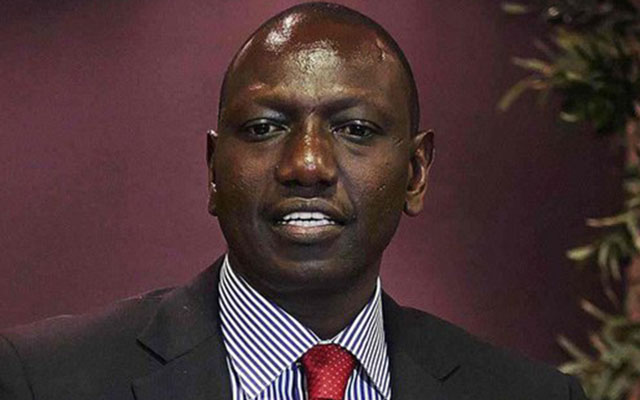All eyes turn to SA

Herald Reporter
South Africans today hold their sixth democratic elections which will usher in the fourth president of the country since the end of apartheid in 1994.
South Africa’s three elected presidents since 1994 are Cdes Nelson Mandela, Thabo Mbeki and Jacob Zuma.
According to reports in the neighbouring country, the majority of registered voters in South Africa feel the general elections will be free and fair. This is according to a latest results by a market research company, Ipsos Group, SA.
On Monday, special votes were cast and continued yesterday with the main voting day being today.
Incumbent President Cyril Ramaphosa will lead the ANC in today’s elections against his main challenger Mr Mmusi Maimane of the Democratic Alliance and Julius Malema-led EFF as he seeks to retain the party’s majority status.
President Ramaphosa assumed office in February last year, following the resignation of former President Jacob Zuma.
Opinion polls show that the ruling ANC will win with approximately 60 percent of the vote.
Ipsos’ final poll which was released yesterday, say the ANC will receive more than 60 percent of the national vote, regardless of the voter turnout.
“The poll’s key national takeaways suggest that: the ANC will still be the ruling party after May 8 and the DA will be the official opposition in the country and; the ANC draws support from all over the country, but especially from Gauteng and KwaZulu-Natal,” says Ipsos.
The DA support is concentrated in the Western Cape and Gauteng while the Julius Malema-led EFF support is strongest in Gauteng, the Free State and Limpopo.
Depending on whether there is low, medium, or high turnout, the ANC is predicted to bag between 61 percent and 65 percent of the national vote, said Ipsos.
The Ipsos study suggests that in a low voter turnout scenario, ANC voters seem more committed to vote and that the party support will increase notably.
“In a high voter turnout scenario, the ANC succeeds in convincing voters, who would otherwise not have voted, to come out and participate. Thus, both a low turnout and high turnout will be to the singular advantage of the ANC.
“The support for other parties is far more consistent across the four scenarios,” according to Ipsos.
An 11-member Zanu-PF delegation is also in South Africa to observe the elections. The team is led by the party’s secretary for Finance Cde Patrick Chinamasa and has been assigned by President Mnangagwa to represent the ruling party and the country. They are monitoring the pre-election processes and the elections themselves.
The team of observers attended an ANC “Siyanqoba” star rally at Ellis Park on Sunday.
The ruling party’s secretary for Information and Publicity Cde Simon Khaya Moyo, who is part of the delegation, said the South African ruling party was poised for victory.
Meanwhile, African Union Election Observer Mission has hailed the peaceful environment and lack of tension prevailing ahead of South Africa’s general elections.
In his address to parliamentarians during a courtesy call at the Pan African Parliament, the head of the AU Election Observer Mission to SA and former Tanzanian President Mr Jakaya Kikwete commended South Africans for competing in peace saying it should be a lesson for other African countries.
Mr Kikwete said while an independent South Africa was the second last country to be created in Africa before South Sudan, Pretoria had quickly matured as a model of democracy on the continent.
“One open observation that I have made is that in a number of African countries before elections there is tension, a lot of tension, this is my third election to observe after the election in Zambia and most recently in Nigeria, but here there is no tension, but there is competition.”
He urged African countries to take a leaf from South Africa where political parties competed under an environment of calm as people of one united nation.









Comments